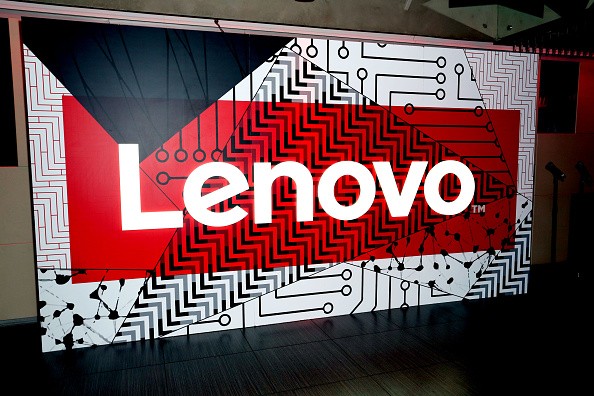Lesser-known smartphone makers are quietly "dying off" in China's increasingly saturated mobile handset market, wrote Tech in Asia.
While the country is home to three of the top five smartphone makers in the world, China is also seeing more homegrown brands quitting the game as competition gets tougher.
The number of Chinese smartphone makers fell sharply to 309 in 2015 from 445 a year earlier, according to a report published by Peng Zhen, a senior engineer at China Academy of Telecommunication Research.
The 30-percent drop just got worse this year, as seen in the recent shutdown of Dakele, which was "once considered the finest iPhone clone maker in China," per Tech in Asia.
The tech website likened the cannibalization to natural selection, where the weaker companies die off in the face of stronger and more equipped rivals.
Smartphone launches have slowed down in recent years, with only three releases each day during the first quarter of 2016. In 2013, the rate of daily launches was said to be twice of this year's.
Local manufacturers are also spreading themselves too thin by investing in both hardware and software development, wrote Tech in Asia.
"When you make that kind of investment but your product doesn't make a major impact in the market, it can be difficult to recover from," according to the website.
Lesser popular brands are expected to continue dropping out of the race, while established players dominate the local market and find opportunities overseas.
However, the competition remains fierce even in the high end.
According to market research firm IDC, Chinese makers Lenovo and Xiaomi have been replaced by Oppo and Vivo as part of the top five smartphone vendors for Q1 2016.
"Along China's maturing smartphone adoption curve, the companies most aligned with growth are those with products serving increasingly sophisticated consumers," Melissa Chau at IDC said.
"Lenovo benefited with ASPs (average selling price) below $150 in 2013, and Xiaomi picked up the mantle with ASPs below $200 in 2014 and 2015," Chau added. "Now Huawei, Oppo and Vivo, which play mainly in the sub-$250 range, are positioned for a strong 2016."



























